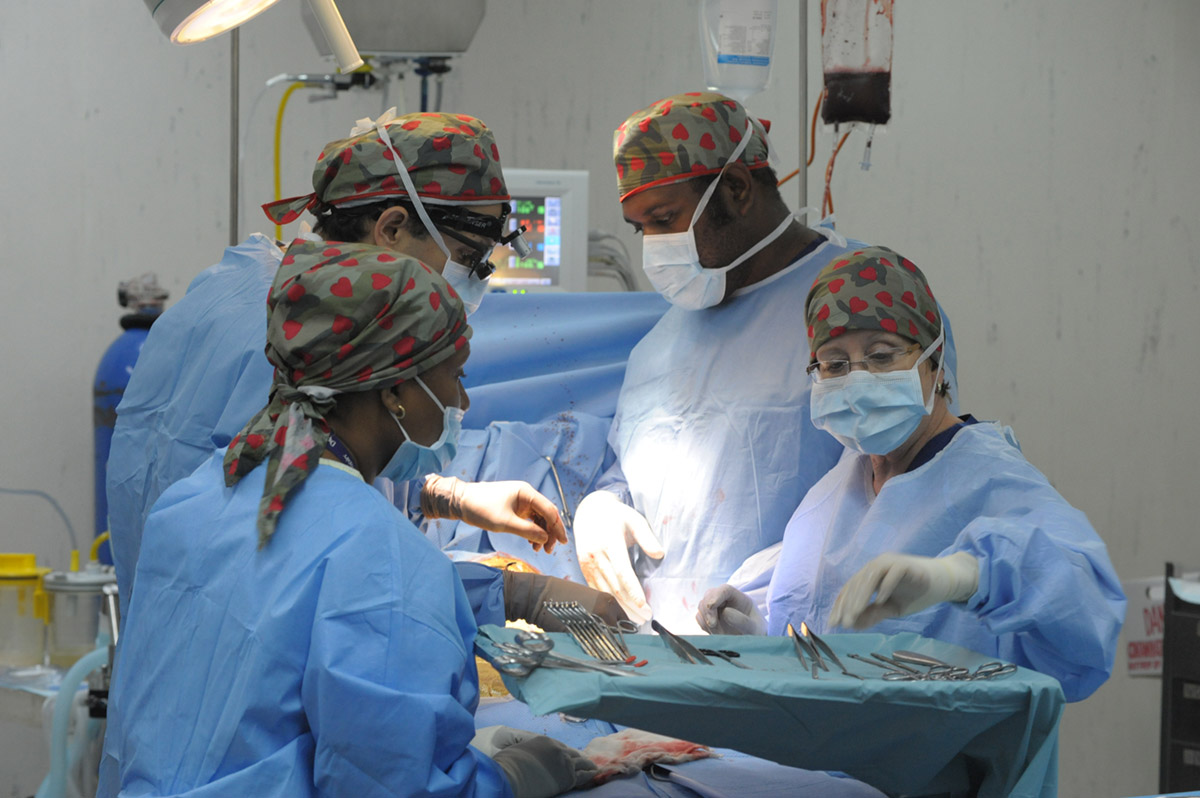
Following a heart surgery, the patient should be discharged with instructions on how to take proper home care during the first phase of recuperation. This phase can last up to eight weeks, depending on how invasive the surgery was. Some of the most important things to do are to take care of the incision(s), know how to relieve the possible pains and discomforts and to take any prescribed medications regularly.
Surgical incisions are extremely important to take care primarily so as to avoid infections, but also other complications that might arise from in improper treatment. This is why a patient should always keep them clean and dry. The area in question should only be cleansed with soap and water. No other solutions, ointments oils and the like should be used unless otherwise instructed. A good diet is of great importance for quick healing. Baths and showers should never last more than 10 minutes and the incision should not be exposed to strong water bursts. Water temperature should be warm.
If there are signs of infection, the patient should contact his/her doctor without delay. The signs of an infection can be:
Increased drainage or oozing from the incision.Increased opening of the incision line.Redness or warmth around the incision.Increased opening of the incision line. Increased body temperature (greater than 101 degrees Fahrenheit). If you have diabetes and your blood sugar levels begin to vary more than usual.
Somewhere along the first phase of recovery, the patient might experience some muscle or incision discomfort while being physically active. Chest pains similar to those experienced before the surgery should not appear at all. The patient will receive a prescription for appropriate medication before discharge. If the surgery in question involved a bypass, the pain in patient's legs might be more apparent than the pain around the chest. However, this would happen only if saphenous grafts were applied during the procedure. Regular physical activities should help in relieving any trailing discomforts.
If there is swelling in the legs, there is a number of things one can do to relieve them. Placing the feet above the level of the heart while immobile is one. Leg-crossing should be avoided. Regular walks are recommended. If the swelling takes a turn for the worse, a doctor should be consulted, especially if accompanied by fatigue and shortness of breath.
Upon discharge, the patient may need to take certain medications. The doctor will direct the patient on what they are and what dosages should be used. It is important to understand what each medication is supposed to do. These are the only remedies that should be taken. Any medications that were used before the surgery should be discontinued unless otherwise instructed.


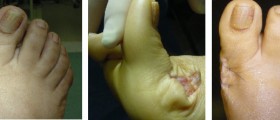
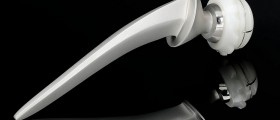
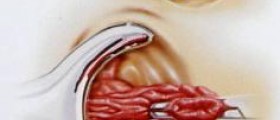
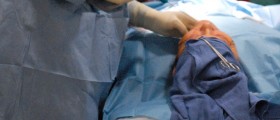


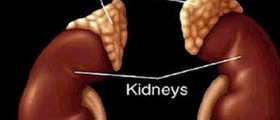




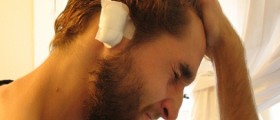
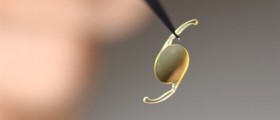
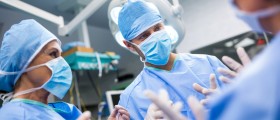

Your thoughts on this
Loading...